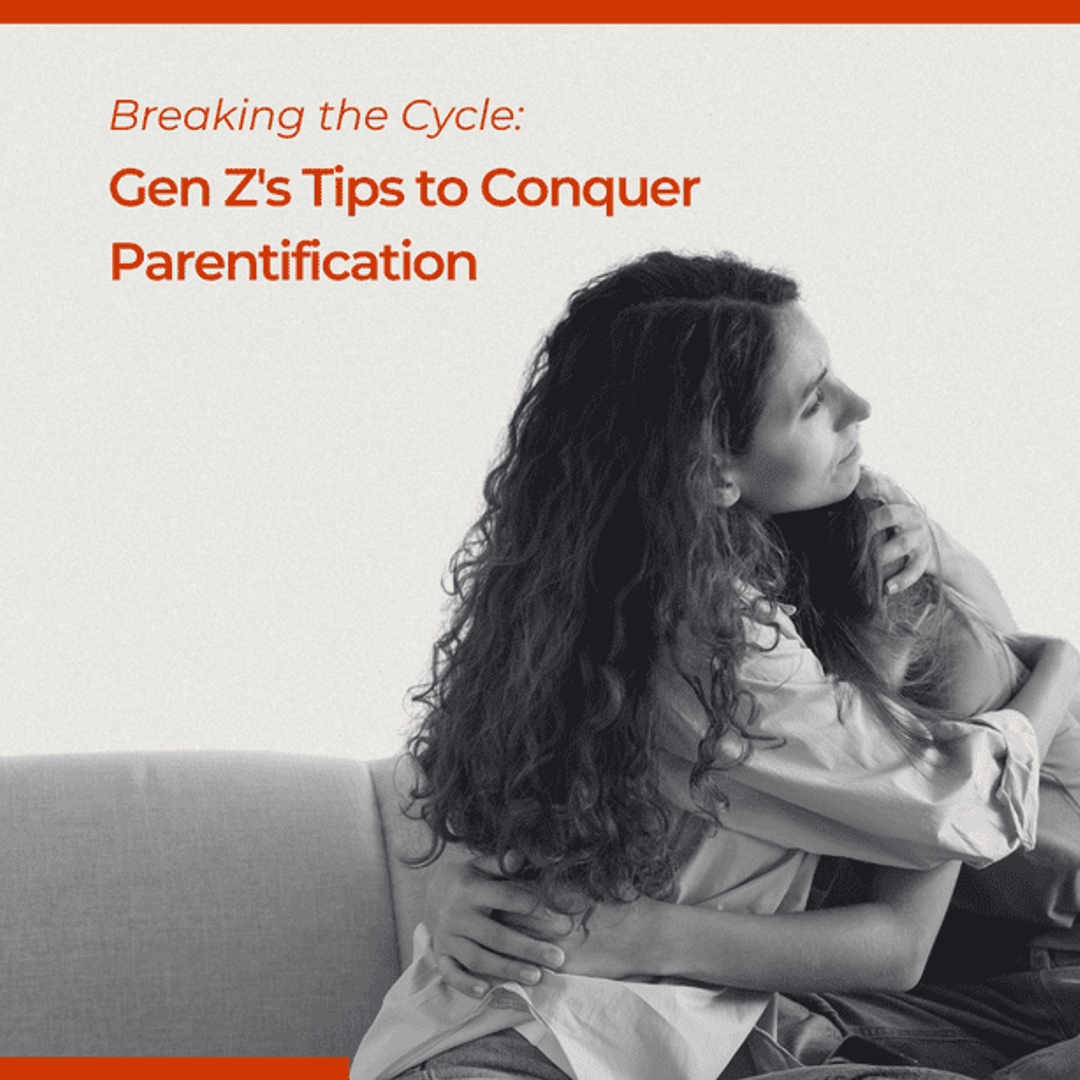CATEGORIES
#Gen Z #Inclusion and Impact #Social ImpactOverview:
- Parentification occurs in kids who grow up in dysfunctional families.
- Gen Z is becoming increasingly aware of its impact.
- Explore Gen Z’s strategies to combat parentification.
Did you often get called ‘unusually mature for your age’ as a child? This happens because you have had to take on adult responsibilities to make up for what your parents lacked. It is necessary to understand that parentification isn’t your fault nor is it your responsibility to carry on. This article will seek to explore the strategies for overcoming parentification suggested by Gen Z. It is time to let your inner child heal and put a stop to this toxic cycle.

Parentification: Growing Wise Beyond Your Years
Parentification is the psychological phenomenon in which a child loses their idealism or naivete towards the world. It can take the form of being a mediator between fighting parents, worrying about finances, or cooking meals.
Don’t be mistaken, doing chores and learning about responsibilities is a healthy part of growing up. It becomes problematic when children can no longer focus on normal activities like playing, going out with friends, or studying. Parentification occurs in dysfunctional families where the caregivers are emotionally or physically unavailable for their children. Consequently, there are different types of parentification:
Emotional Parentification
This type of parentification occurs when the role of coaching through emotions is reversed between the child and the parent. The child becomes a pseudo-therapist of their parents. This can lead to emotional suppression, anxiety, and hyperfixation for the children as they grow up. These symptoms are most visible in Gen Z.
Instrumental Parentification
Instrumental Parentification usually occurs when a child is assigned roles that aren’t appropriate for their age. This can include cooking meals, working part-time jobs to pay bills, and grocery shopping.
Sibling-Focused and Parent-Focused Parentification
This happens in cases of the glass child syndrome as able-bodied siblings are expected to look after the sick one. Parentification becomes especially parent-focused when a parent is recovering from substance abuse or mental health challenges. This often leads to the elder daughter syndrome that plagues many young women in Gen Z.

Clocking the Symptoms: Recognizing Signs of Parentification on Gen Z
There’s a very thin line between being a responsible child and being parentified. In order to recognize parentification, you need to identify emotional and behavioral patterns subject to this condition. Common indicators include difficulty in letting loose, choosing to remain self-reliant against trusting others, and always being a peacemaker.
The impact of parentification is prominent on Gen Z as they face anxiety, depression and have trouble in setting boundaries. These signs are manifested in the form of taking excessive responsibility, emotional maturity bordering on self-sacrificing, and relationship challenges. The emotional exhaustion seeped in by parentification spills over into our adult selves, thus impacting our personal and professional lives.
In children, parentification can have different physical and mental health impact such as aggressive behavior, unhealthy coping mechanisms, and even headaches or stomach aches.
Techniques for Overcoming Parentification: Gen Z Edition
Now that we’ve learned about parentification and recognized patterns to identify it, let’s uncover how to heal from it.
Building Self-Awareness and Acceptance
There is something to be said about the power of hindsight. Reflecting on personal experiences of your past can be the first step towards recognizing where the emotional damage began. Accepting your past and forgiving but not forgetting your caregiver’s mistakes can kickstart your emotional healing.
Creating a Support Network
Gen Z has been the first generation to embrace seeking professional support openly. We understand that our generational trauma is not a burden to be shouldered by our friends or loved ones. Considering therapy and finding online support communities can aid one in recognizing and avoiding triggers.
The Gift of Setting Healthy Boundaries
We parentified adults forget that a big part of the responsibility is acknowledging your limits. We forget that the sky won’t fall if we don’t take care of each and every task. The advantage of establishing healthy boundaries is an increase in trust, communication, and building connections with others.

Cultivating the Ultimate Self-Care Routine
As Gen Z repeatedly emphasizes, developing healthy coping mechanisms is a surefire way of overcoming parentification. Practice being kind to yourself and nurture your inner child. Some methods to do this include adult coloring books, maintaining a mood journal to track your emotional progress, and calisthenics. Self-care isn’t one formula that fits all, try to revive your interests and figure out what makes you shine.
Conclusion:
Just like Gen Z, it is time for us to take proactive steps towards healing. Conquering parentification is a vital step towards prioritizing mental and emotional well-being. The cycle of parentification and generational trauma can end by speaking up and sharing your experiences. Not only will it help you let go of unresolved issues, but help others resonate with your experiences.


